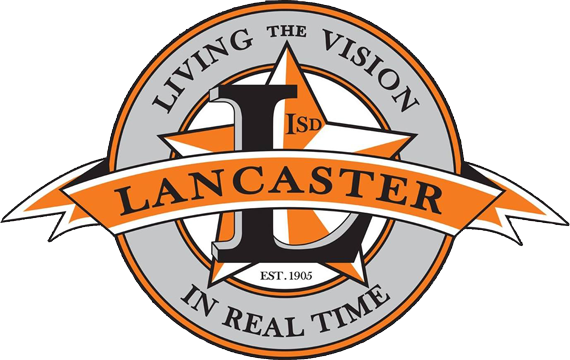ECSE (Early Childhood Special Education)
The Early Childhood Special Education Services (ECSE), is a continuum of services, designed to serve children ages 3 through 5 years who have been identified as disabled and determined to be at-risk of not achieving academic and life skills without intervention.
REFERRAL:
Referral for screening of students are made through the Department of Special Education located at the SEEC Building, 1201 N. Dallas Ave, Lancaster, Texas 75146.
Child Find Diagnostician, Merlyn Phillips, phone (972) 218-1548.
Intake information is obtained from the parent(s) and the information is given to the respective educational diagnostician located at the cluster campus determined to be the closest to the child’s attendance area. Screening and comprehensive assessments are then scheduled at the PPCD cluster campus.
ELIGIBILITY:
Children are eligible if they are determined by a multi-disciplinary team to meet state criteria as a child with a disability. The disabilities are: orthopedic impairment, other health impairment, auditory impairment, visual impairment, deaf-blind, intellectual disability, emotional disturbance, learning disability, speech impairment, autism, multiple disabilities, non-categorical early childhood, and traumatic brain injury.
SERVICES:
The Admission, Review and Dismissal (ARD) Committee determines the services to be provided based on the child’s needs. These services may include PPCD classroom based services or Preschool Speech Only services (if the only area of need is speech and/or language). Additional services may include: transportation, assistive technology, counseling, occupational therapy, physical therapy and are provided at no cost.
ECSE CLASSROOM CURRICULUM
The ECSE Classroom Curriculum includes five major areas: cognition (thinking and perception skills), communication (language development), self-help, fine/gross motor and social/emotional (development of self-awareness and responsibility). The curriculum is designed to meet the wide variety of needs in young children.
STUDENT EVALUATION
A variety of assessment techniques are used to evaluate and report student progress, including teacher observation, anecdotal records, student verbal and non-verbal interaction with teachers and other students, skills checklists, and student work samples. Parents receive periodic reports (at least every 6 weeks with the issuance of report cards) of their child’s progress on the Individual Education Plan (IEP) goals and objectives. Weekly newsletters, informal communication notebooks, and parent conferences are widely used by teachers and therapists to maintain open lines of communication with parents.
